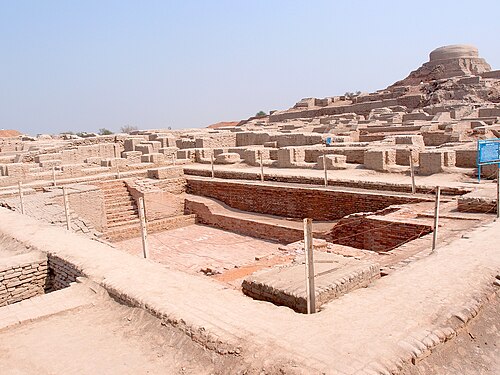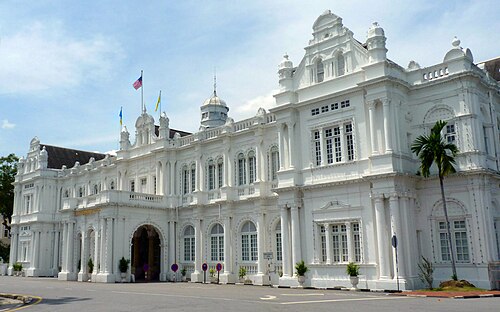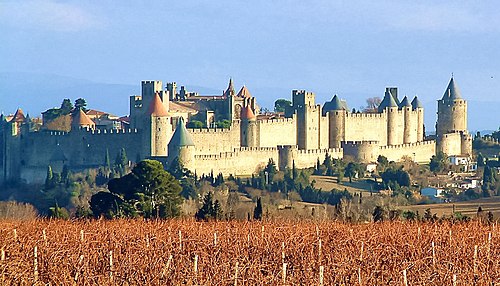Citynoun
A large settlement, bigger than a town.
Citynoun
A settlement granted special status by royal charter or letters patent; traditionally, a settlement with a cathedral regardless of size.
Citynoun
(Australia) The central business district; downtown.
Citynoun
A large town.
Citynoun
A corporate town; in the United States, a town or collective body of inhabitants, incorporated and governed by a mayor and aldermen or a city council consisting of a board of aldermen and a common council; in Great Britain, a town corporate, which is or has been the seat of a bishop, or the capital of his see.
Citynoun
The collective body of citizens, or inhabitants of a city.
Cityadjective
Of or pertaining to a city.
Citynoun
a large and densely populated urban area; may include several independent administrative districts;
Citynoun
an incorporated administrative district established by state charter;
Citynoun
people living in a large densely populated municipality;
Citynoun
a large town
Citynoun
a town created a city by charter and usually containing a cathedral.
Citynoun
a municipal centre incorporated by the state or province.
Citynoun
a place or situation characterized by a specified attribute
Citynoun
short for City of London
Citynoun
the financial and commercial institutions located in the City of London
City
A city is a large human settlement. It can be defined as a permanent and densely settled place with administratively defined boundaries whose members work primarily on non-agricultural tasks.
Townnoun
A settlement; an area with residential districts, shops and amenities, and its own local government; especially one larger than a village and smaller than a city.
Townnoun
Any more urbanized center than the place of reference.
Townnoun
A rural settlement in which a market was held at least once a week.
Townnoun
The residents (as opposed to gown: the students, faculty, etc.) of a community which is the site of a university.
Townnoun
(colloquial) Used to refer to a town or similar entity under discussion.
Townnoun
(legal) A municipal organization, such as a corporation, defined by the laws of the entity of which it is a part.
Townnoun
(obsolete) An enclosure which surrounded the mere homestead or dwelling of the lord of the manor.
Townnoun
(obsolete) The whole of the land which constituted the domain.
Townnoun
(obsolete) A collection of houses enclosed by fences or walls.
Townnoun
A farm or farmstead; also, a court or farmyard.
Townnoun
Formerly: (a) An inclosure which surrounded the mere homestead or dwelling of the lord of the manor. [Obs.] (b) The whole of the land which constituted the domain. [Obs.] (c) A collection of houses inclosed by fences or walls.
Townnoun
Any number or collection of houses to which belongs a regular market, and which is not a city or the see of a bishop.
Townnoun
Any collection of houses larger than a village, and not incorporated as a city; also, loosely, any large, closely populated place, whether incorporated or not, in distinction from the country, or from rural communities.
Townnoun
The body of inhabitants resident in a town; as, the town voted to send two representatives to the legislature; the town voted to lay a tax for repairing the highways.
Townnoun
A township; the whole territory within certain limits, less than those of a country.
Townnoun
The court end of London; - commonly with the.
Townnoun
The metropolis or its inhabitants; as, in winter the gentleman lives in town; in summer, in the country.
Townnoun
A farm or farmstead; also, a court or farmyard.
Townnoun
an urban area with a fixed boundary that is smaller than a city;
Townnoun
an administrative division of a county;
Townnoun
the people living in a municipality smaller than a city;
Town
A town is a human settlement. Towns are generally larger than villages and smaller than cities, though the criteria to distinguish between them vary considerably in different parts of the world.
































































